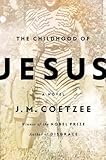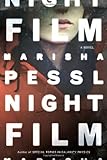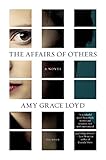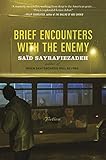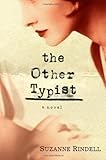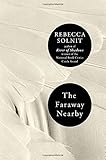
To portray gay life in the city as Sicha has done -- in a manner that’s both realistic and insightful -- would be a noteworthy accomplishment in any era, but must be considered particularly remarkable in today’s publishing climate, in which major publishing houses offer readers more gay characters written by straight authors than gay ones. It’s a beautifully written and carefully documented book about a group of people that, to our society’s collective detriment, continues to be largely ignored, dismissed, and stereotyped.





